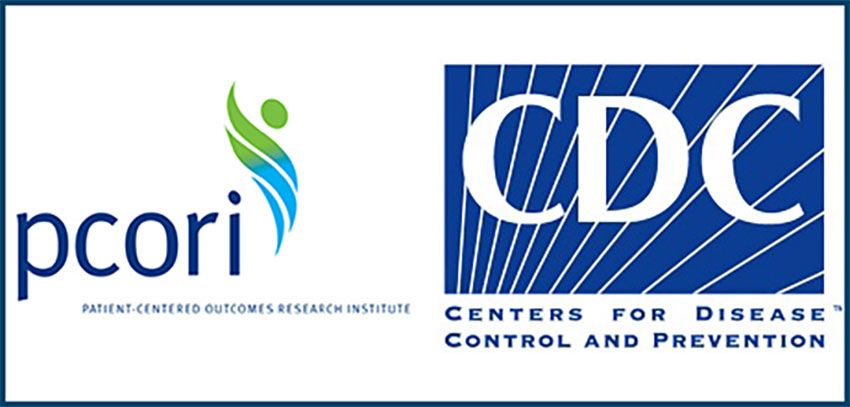
In 2013, the GW Cancer Institute (GWCI) was the recipient of two awards that will allow the organization to continue to bring multidisciplinary clinical, research, education, and outreach programs together in a comprehensive approach to cancer prevention, diagnosis, treatment, and survivorship.
The recent three-year, $2.1 million research award from the Patient-Centered Outcomes Research Institute (PCORI) supports a collaboration between the Milken Institute School of Public Health (formerly the GW School of Public Health and Health Services) and GWCI, housed in the School of Medicine and Health Sciences (SMHS), to evaluate cancer survivorship care models. The award is part of a larger portfolio of patient-centered research initiatives that addresses PCORI’s national research priorities and will provide patients with the tools to make better-informed decisions about their care.
The primary goal of the project is to evaluate the effectiveness that different models of care have on patient-centered outcomes for cancer survivors. Researchers will develop a patient-prioritized framework and instrument to assess high quality survivorship care, drawing from the Cancer Support Community’s national system of support to garner diverse patient input on what quality survivorship care looks like. The team will also create a program implementation index to define survivorship models of care using the LIVESTRONG Essential Elements of Survivorship Care, and they will identify high performing programs among those institutions accredited by the American College of Surgeon’s Commission on Cancer. Finally, researchers will compare three survivorship care models to assess their impact on patient-prioritized outcomes.
“The goal of our project is to transform cancer care by creating standards of quality that are defined by patients and to use these standards to identify models of survivorship care that are most effective,” says Holly Mead, Ph.D., assistant professor of health policy at the MISPH and principal investigator (PI). “We are particularly excited to be working with leading survivor and community cancer organizations to ensure that cancer survivorship care meets the needs of patients,” she says.
“This is collaborative research at its best,” says Mandi Pratt-Chapman, M.A., associate director of GWCI and co-PI. “It leverages the strengths of our partners, engages patients, and addresses a real gap in health care services delivery for cancer survivors.”
Additionally, a $2,122,525 award from the CDC to GWCI in September will support technical assistance for CDC-funded Comprehensive Cancer Control (CCC) programs with a focus on local implementation, systems and environmental changes, sustainable partnerships, and communication strategies. The programs, which are in all 50 states, Washington, D.C., seven tribes and tribal organizations, and seven U.S. Associated Pacific Islands/territories, promote a collaborative process through which a community and its partners pool resources to reduce the burden of cancer.
“The GW Cancer Institute is excited and pleased to support Comprehensive Cancer Control programs through this award. Working with the CDC, we are prioritizing training needs and supporting implementation of proven strategies to reduce the burden of cancer in this country,” says Chapman, who serves as PI for the award. “We are taking a multipronged approach to technical support, including the development of free online trainings, monthly webinars, streamlined resource guides, and one-on-one support. We look forward to addressing the needs of local communities, working together with the National Area Health Education Center Organization, the American Cancer Society, C-Change, the Legacy Foundation, LIVESTRONG, the Union for International Cancer Control, and other organizations leading cancer control support across the nation,” she says.


